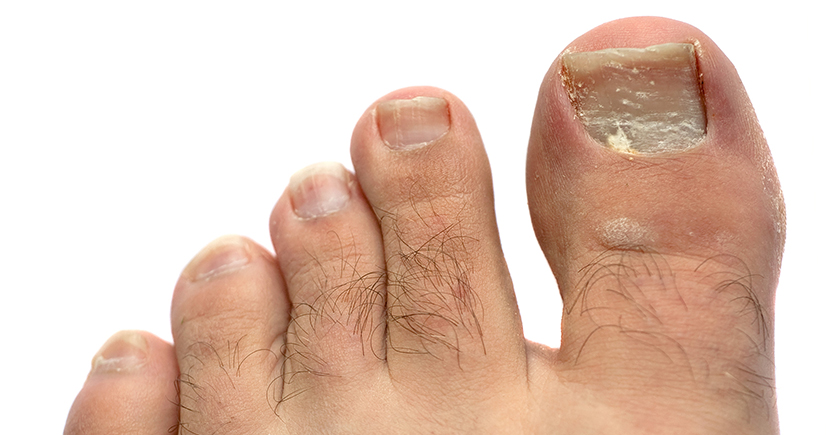For many people, spring is the most beautiful season, yet often results to misery for people who experience from seasonal allergy symptoms. Taking natural allergy treatments are more effective compared to the allergy medications that are prescribed by doctors.
Seasonal allergy symptoms explained
Blooming flowers and trees, fresh cut grass and weeds releasing pollen may cause seasonal allergies in millions of people every year. While hay fever often starts at a young age, it could strike anybody. There are times that seasonal allergy symptoms might fade over the years and could reoccur at some point in time. If you are experiencing seasonal allergy symptoms in a particular place, consider moving to a new place so your allergies can go away.
Seasonal allergy symptoms, once left untreated might cause miserable symptoms, affecting your daily activities. Treating the hay fever symptoms immediately can reduce any related asthma emergencies and hospitalizations. People with COPD, compromised immune systems, and some respiratory conditions have to manage their symptoms to prevent complications in the future.
Treat Your Seasonal Allergy Symptoms in a Natural Way
Decongestants, corticosteroids, and antihistamines and some OTC allergy medications counteract the effects of histamine produced by one’s body. Nevertheless, they have some side effects. The common ones include restlessness, heart palpitations, insomnia, unusual bruising and bleeding, abdominal distress, dryness of eyes, mouth, and nose, impaired performance, and drowsiness.
In kids, the side effects may include overexcitability, nightmares, impaired cognitive function, and upset stomach. The allergy medicines are not suited for everybody. Take note that they do not cure allergies, they only treat symptoms. As a matter of fact, some are not recommended for pregnant women or for women who breastfeed.
The foods you should avoid during the season of allergy are soy, wheat, chamomile, Echinacea, bottled citrus juice, shellfish, sunflower seeds, cucumbers, bananas, melons, processed foods, sugar, peanuts, chocolate, caffeine, and alcohol. If you have ragweed allergy, it is also essential to get rid of some foods like cucumbers and sunflower foods.
Foods You Can Enjoy During the Allergy Season
The list of foods you should avoid might be a bit overwhelming, but you’ll be happy to know that there are some good tasting foods that can help you experience relief from symptoms while boosting your immune system. Some of these foods are hot and spicy foods, raw local hone, pineapple, bone broth, fresh vegetables, free-range poultry, grass-fed meats, and much more.
If you want to know other foods you can eat during the allergy season, visit the nearest allergist Centreville va near you.









